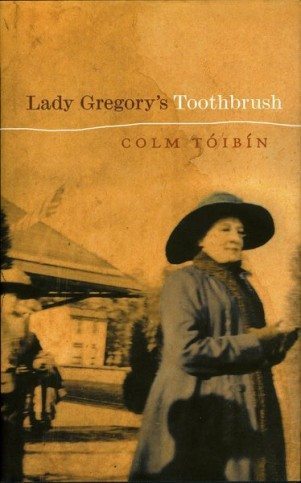
Lady Gregory’s Toothbrush
By: Colm Toibin
Publication Date: October 2011
€4.50
Lady Gregory’s Toothbrush by Colm Tóibín
‘It is the battle between those who use a toothbrush and those who don’t.’
So wrote Augusta Gregory to W.B. Yeats; she was referring to the riots at the Abbey Theatre over The Playboy of the Western World, and she knew which side she was on. In this remarkable biographical essay, Colm Toibin examines the contradictions that defined the position of this essential figure in Irish cultural history. The wife of a landlord and MP who had been personally responsible for introducing measures that compounded the misery of the Irish peasantry during the Great Famine, Lady Gregory devoted much of her creative energy to idealizing the same peasantry — while never abandoning the aristocratic hauteur, the social connections or the great house which her birth and marriage had bequeathed her.
Early in her writing life, her politics were staunchly unionist — yet she campaigned for the freedom of Egypt from colonial rule. Later she wrote plays celebrating rebellion, but trembled in her bed when the Irish revolution threatened her property and her way of life. Lady Gregory’s capacity to occupy mutually contradictory positions was essential to her heroic work as a founder and director of the Abbey Theatre — nurturing Synge and O’Casey, battling rioters and censors — and to her central role in the career of W. B. Yeats. She was Yeats’s artistic collaborator (writing most of Cathleen Ni Houlihan, for example), his helpmeet, and his diplomatic wing. Toibin’s account of Yeats’s attempts — by turns glorious and graceless — to memorize Lady Gregory’s son Robert when he was killed in the First World War, and of Lady Gregory’s pain at her loss and at the poet’s appropriation of it, is a moving tour de force of literary history. Toibin also reveals a side of Lady Gregory that is at odds with the received image of a chilly dowager.
Early in her marriage to Sir William Gregory, she had an affain with the poet and anti-imperialist Wilfred Scawen Blunt and wrote a series of torrid love sonnets that Blunt published under his own name. Much later in life, as she neared her sixtieth birthday, she fell in love with the great patron of arts John Quinn, who was eighteen years her junior. Lady Gregory’s Toothbrush is a sharp, concentrated, witty and much-needed reassessment of a major cultural figure who has been oddly taken for granted and often badly misunderstood.
‘Biographical portraits are too often nowadays smudged in a surfeit of words… this one is a brilliant illumination.’ – Spectator
‘Tóibín pushes the glaring contradictions hard in his elegant, economical portrait of the influential chatelaine of Coole Park, Co Galway, but never unfairly… Tóibín’s revisionist portrait is full of rich detail.’ – The Guardian
ABOUT THE AUTHOR
Colm Tóibín was born 30 May 1955, and is an Irish novelist, short story writer, essayist, playwright, journalist, critic and poet.
Tóibín is currently Irene and Sidney B. Silverman Professor of the Humanities at Columbia University and succeeded Martin Amis as professor of creative writing at the University of Manchester. He won the 2011 Irish PEN Award and that same year, was named one of Britain’s Top 300 Intellectuals by The Observer.
PLEASE NOTE THIS TITLE IS OUT OF PRINT. THE EBOOK IS AVAILABLE BELOW.
Out of stock

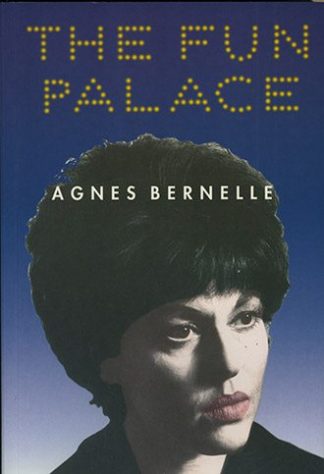
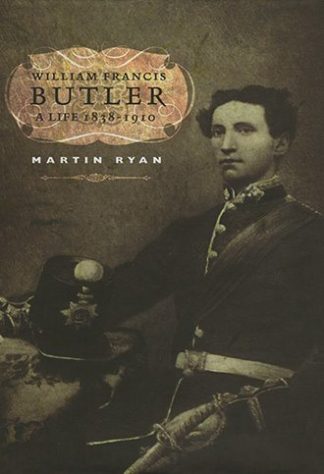
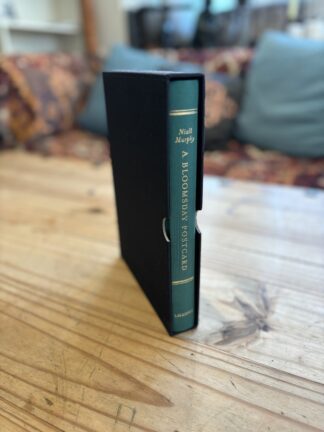
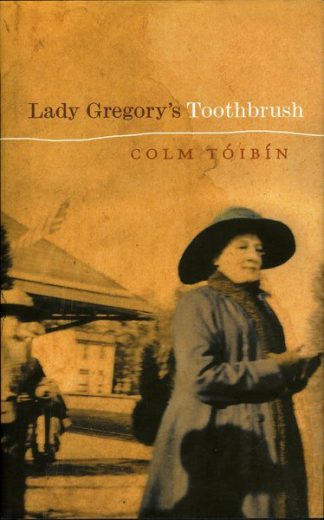
Lilliput Press –
“Lady Gregory’s Toothbrush by Colm Toibin centers on the life of Augusta Gregory (1852 to 1932, Galway, Ireland). Lady Gregory, she got her title when she married Sir William Gregory, thirty five years her senior,one time governor of Ceylon and considered to have been instrumental in passing laws while a member of parliament that made the fates of the Irish peasants much worse during the famine years. Gregory, partially thorough and maybe largely through her contact with William Butler Yeats and John M. Synge, came to idolize and romanticize those same peasants while never abandoning the sense of entitlement her marriage gave her. She is sometimes seen as a hypocritcal figure who spoke of her love for freedom and her wish for a better life for the peasants of Ireland while clinging to her big house, her Anglo-Irish money and her view of real life ordinary Irish people outside of her small circle as unwashed people who mostly did not own toothbrushes.
Lady Gregory helped found and directed the famous Abby Theater in London. Toibin does a great job of explaining why this theater was very important in the creation of a sense of Irish identity through plays like The Playboy of the Western World by John Synge. When the play was first preformed there were riots at the Abby Theater, partially caused by references to Irish women in “shifts” and by its seeming portrayal of the Irish as loving violence country buffoons . Lady Gregory, as Toibin explains it, referred to the conflict over this play as the battle between those who use a toothbrush, the play’s supporters, and those who do not. Like many an aristocrat who cry out their love for the common man, she liked them best in plays and stories.
Toibin help me greatly to understand the importance of Lady Gregory to Irish Theater. Even though it can be argued that she was simply a rich woman buying attention from literary greats with money she inherited from a man who exploited horribly the Irish peasants, there import in the great plays of Synge and O’Casey can be directly traced to her. She did not just give money, she worked very hard to promote the theater and was a still respected student of Irish folklore. It is hard to really determine Yeats true feeling for her, he needed her money so everything has to a bit ambiguous. Toibin handles this brilliantly without forcing an opinion on us.
Toibin’s prose is as one would expect wonderful. Lady Gregory’s Toothbrush for sure increased my understanding of the Irish culture. I am starting to understand more and more the central import of the plays of John Synge and Toibin was very illuminating in his remarks on Synge. I also learned a good bit more about the background of William Butler Yeat’s great poems concerning the death of Lady Gregory’s son, the most famous of which is “An Irish Airmen Foresees His Death”.
This book was a great pleasure to read. Toibin also lets us see that Lady Gregory, with deep Anglo-Irish aristocratic roots, her money came directly from Irish peasants working in near slave conditions for her husband and his ancestry, was trying desperately to produce an Irish identity for herself while keeping her deeply entrenched belief that she, along with her primary mentor and patronage recipient, were of an old the natural heirs of an Irish aristocracy going back to the Celts and beyond. In Lady Gregory’s jest about a toothbrush, one seems beneath layers of pretense.
I very much enjoyed this book, learned a lot from it, and I endorse it to anyone interested in Irish literature or history.” MEL U
Lilliput Press –
“‘ve now read this twice, after an interval of many months, and with deepening pleasure and interest. For me, it’s a book to be taken slowly and relished. I was drawn to it by an interest in the life of WB Yeats, and it satisfies that, but (for this Englishman) there is also Colm Toibin’s perception of an Ireland and and Age now past.” JOHN LOOKER
Lilliput Press –
“Biographical portraits are too often nowadays smudged in a surfeit of words . . . this one is a brilliant illumination.” (Spectator)